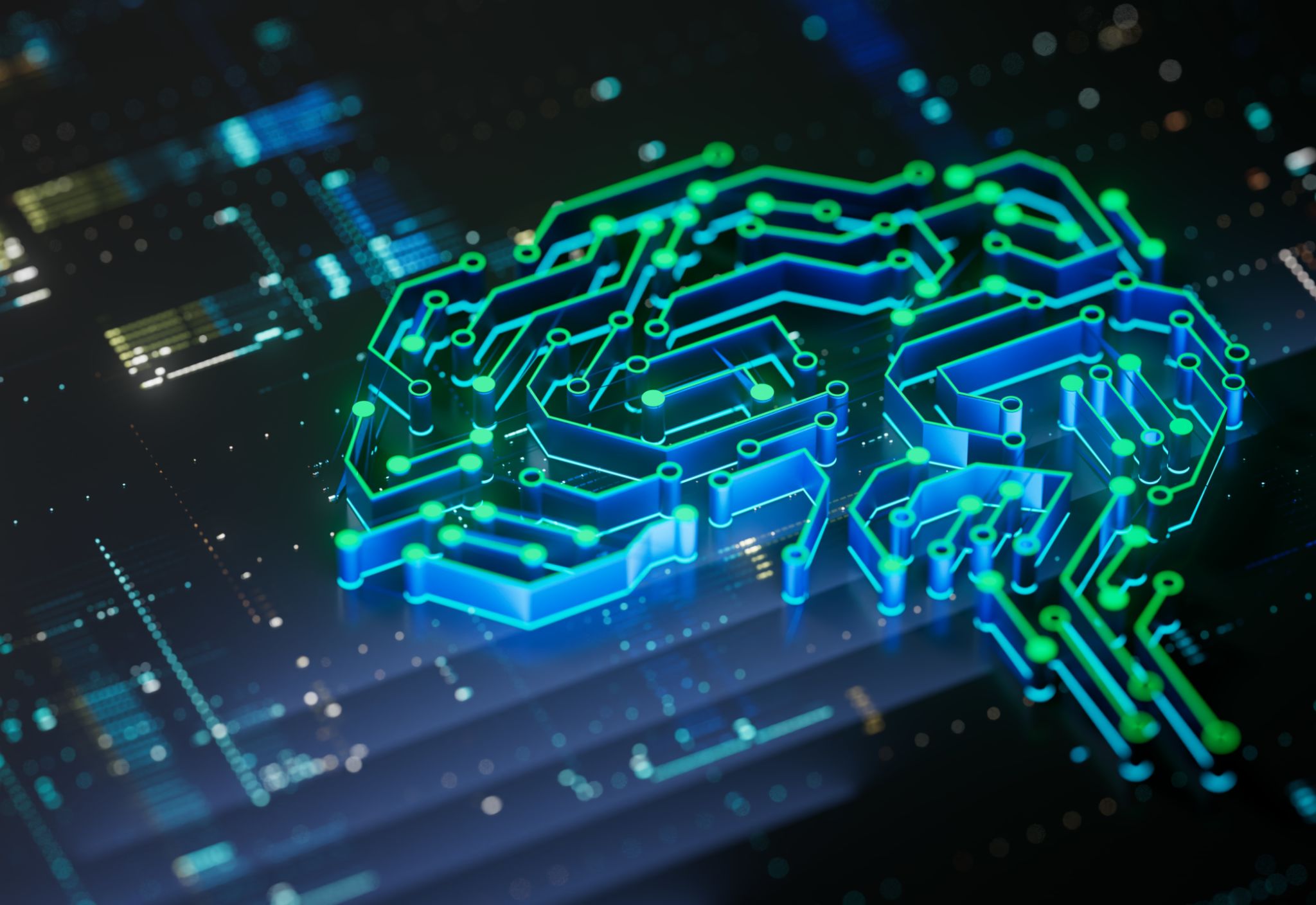Debunking Common Myths About AI Technology
Understanding AI: Dispelling the Myths
Artificial Intelligence (AI) has been a buzzword for years now, sparking both excitement and fear in equal measure. Despite its widespread adoption, several myths about AI technology persist, often clouding its potential benefits. In this post, we aim to debunk some of these common myths and shed light on the actual capabilities and limitations of AI.

AI Will Replace All Human Jobs
One of the most pervasive myths about AI is that it will lead to mass unemployment by replacing all human jobs. While it is true that AI can automate certain tasks, it is unlikely to replace humans entirely in the workforce. Instead, AI is expected to augment human capabilities, allowing us to focus on more complex and creative tasks.
According to various studies, AI can help create new jobs by opening up avenues in fields such as AI maintenance, development, and supervision. Additionally, AI can enhance productivity in sectors like healthcare, finance, and customer service by handling repetitive and data-intensive tasks.

AI Is Infallible
Another myth is that AI systems are perfect and make no mistakes. In reality, AI systems are only as good as the data they are trained on. If the data is biased or flawed, the AI will inevitably produce biased or inaccurate results. This is why ethical considerations and data quality control are crucial in AI development.
Moreover, AI systems require continuous monitoring and updating to adapt to changing environments and data sets. Ensuring transparency and accountability in AI decision-making processes is essential to maintaining trust in this technology.

AI Understands Human Emotion
The idea that AI can understand and replicate human emotions is largely a misconception. While AI can analyze facial expressions, voice tones, and text to detect emotional cues, it does not truly "understand" emotions as humans do. These systems can only make educated guesses based on patterns in data.
Emotional intelligence remains a uniquely human trait, critical for nuanced decision-making and interpersonal interactions. AI's role in this domain is to assist humans by providing insights or recommendations, not to replace human emotional understanding.

AI Is Self-Aware
A popular myth propagated by science fiction is that AI systems are self-aware and capable of independent thought. Current AI technologies do not possess consciousness or self-awareness. They operate based on algorithms and programmed instructions without any understanding or awareness of their actions.
While advancements in AI continue at a rapid pace, achieving self-awareness in machines remains within the realm of theoretical exploration rather than practical reality. The focus today is on creating intelligent systems that can perform specific tasks effectively.

AI Is Only for Big Tech Companies
Many people believe that AI technology is only accessible to big tech companies with vast resources. However, this is far from the truth. With the proliferation of cloud-based services and open-source tools, businesses of all sizes can leverage AI to enhance their operations.
Small and medium-sized enterprises are increasingly adopting AI solutions to improve customer service, streamline operations, and gain competitive advantages. The democratization of AI technology means that its benefits are available to a broader range of industries and businesses.

Embracing the Reality of AI
Understanding the reality of AI technology helps dispel unfounded fears and enables us to harness its true potential responsibly. While it's important to remain vigilant about ethical considerations and data privacy, embracing AI can lead to significant advancements across various fields.
By separating fact from fiction, we can appreciate how AI contributes positively to society and its potential to drive innovation in the future. As we continue to explore AI's capabilities, staying informed and open-minded will be key to navigating this rapidly evolving landscape.

